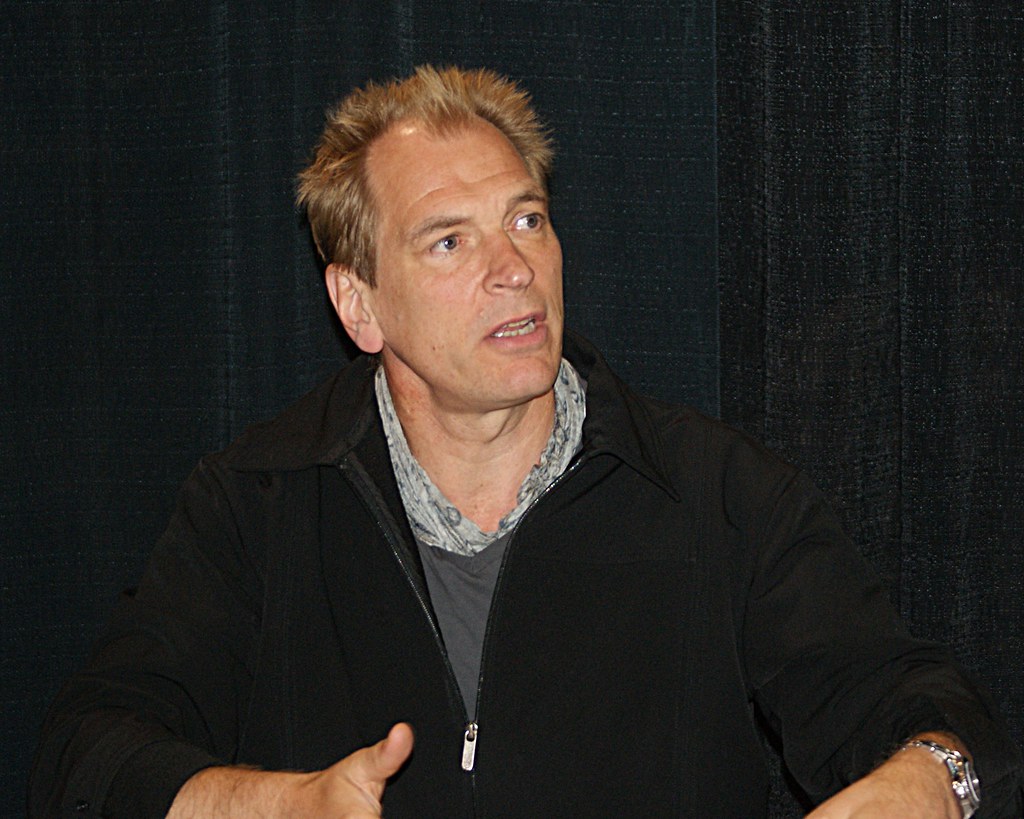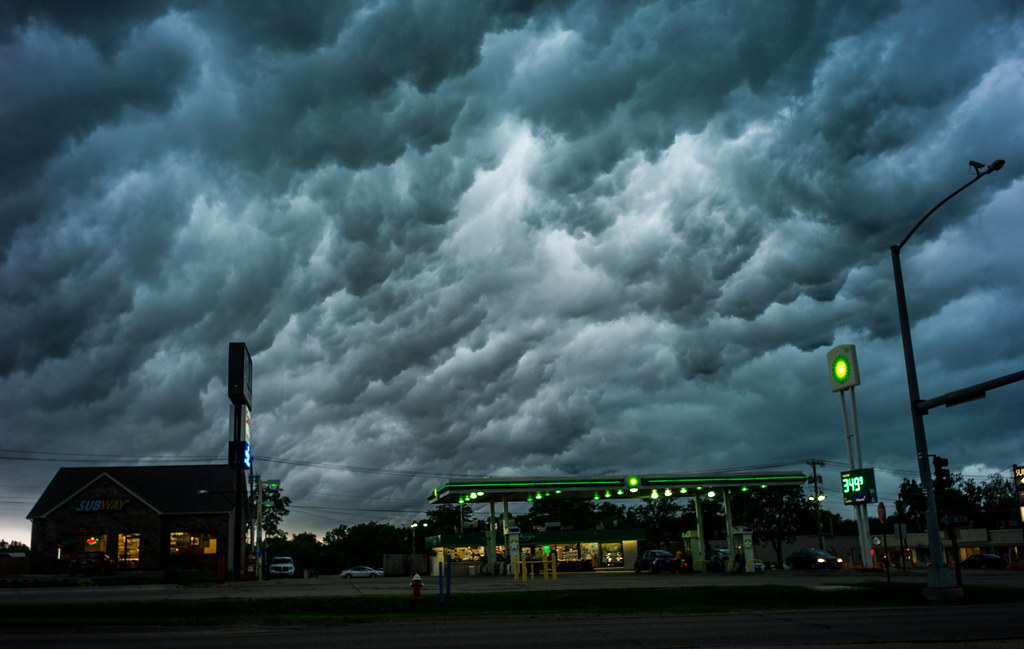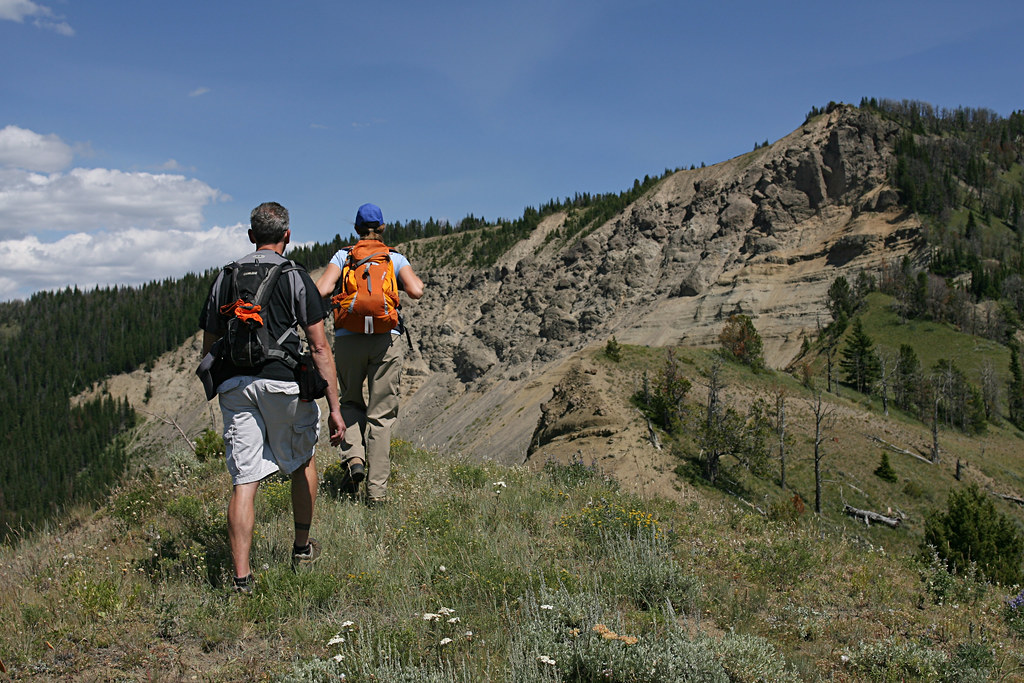
The official determination regarding the cause of death for British actor Julian Sands, whose remains were discovered in the California mountains in June, has been reported as undetermined.
Sands went missing in January while hiking in the San Gabriel Mountains, specifically the Baldy Bowl area within Mount San Antonio, north of Los Angeles. The actor, known for a career spanning decades, was last seen on Friday, January 13.
The confirmation of his death came more than five months after his disappearance. The rigorous search and rescue efforts that followed his going missing were significantly impacted by severe weather conditions that affected the region.
The San Bernardino County Sheriff’s Department had noted that the period around Sands’ disappearance saw numerous calls for assistance on Mount San Antonio, reporting 14 calls over a four-week span due to adverse weather.

Air and ground searches were initiated but faced considerable challenges. California was experiencing deadly storms, icy conditions, and a threat of avalanches, making the mountainous terrain particularly hazardous.
The difficult conditions hampered the efforts to locate the actor for many months. Despite continuous attempts, the search did not yield immediate results.
Eventually, the San Bernardino County Sheriff’s Department announced that it would be scaling back its search efforts after months of comprehensive attempts. However, authorities maintained that the case remained active, although operating in a “limited capacity” at that stage.

The extensive nature of the search involved a significant commitment of resources and personnel. One report noted that in June, during a renewed search period, over 80 search and rescue volunteers, deputies, and staff were involved in the operations.
These operations utilized the aid of two helicopters and drone crews, underscoring the scale and complexity of the search terrain. Dedicated volunteers scoured remote regions throughout the Mount Baldy area in the ongoing effort to find Julian Sands.
The eventual discovery of Julian Sands’ remains occurred in late June. Hikers found the body near Mount Baldy on June 24, according to reports.

The hikers who made the discovery later spoke about the experience. One of the hikers, Bill Dwyer, described the moment they came across items associated with Sands before finding his remains as “surreal.”
The hikers reportedly found a boot first, followed by hiking poles, before stumbling upon Sands’ body. Their account provides a poignant detail of the sequence of events leading to the recovery.
According to the hikers’ observations, Julian Sands was described as being “dressed like a ninja.” They also specifically noticed the type of footwear he was wearing for his hike that day.
Sands was wearing microspike shoes, the hikers noted. They contrasted these with crampons, which are believed to provide greater grip on the steep, icy terrain that was prevalent in the area and which the actor was facing.

Bill Dwyer expressed his reaction to the footwear, stating, “I was a little shocked to see the microspikes.” He added, “They were just the wrong tools for the job at hand,” suggesting that the microspikes may not have been adequate for the challenging conditions.
After the hikers reported their discovery, the remains were handed over to California authorities for identification and investigation. The San Bernardino County Sheriff’s Department later confirmed that the human remains found belonged to Julian Sands.
Following the confirmation of identity, an investigation was undertaken to determine the circumstances and cause of his death. This process is standard in such cases and involves examination by the coroner’s office.
The outcome of the coroner’s investigation was the determination that the cause of Julian Sands’ death was “undetermined.” This finding was reported by police recently and confirmed by the San Bernardino County Sheriff’s Coroner Department.

Mara Rodriguez, a Public Information Officer for the San Bernardino County Sheriff’s Coroner Department, provided context for this finding. She stated, “The cause is ‘Undetermined’ due to the condition of the body and because no other factors were discovered during the coroner’s investigation.
Rodriguez further clarified that such a ruling is not unusual under certain circumstances. She added that an “undetermined ruling “is common when dealing with cases of this type.” This statement suggests that the circumstances of Sands’ passing, including the location and the time elapsed before discovery, likely contributed to the inability to pinpoint a definitive cause.
Despite the thoroughness of the coroner’s work, the state of the remains and the absence of other clear indicators meant that a precise medical cause of death could not be established with certainty based on the available evidence.

Julian Sands was a highly respected and prolific actor whose career spanned some 40 years. Born in England, he received his education at Lord Wandsworth College in Hampshire before embarking on his acting journey.
His career began with roles that quickly garnered attention, including his work in The Killing Fields in 1984. This performance reportedly caught the eye of director James Ivory, which proved significant for his future career.
Sands achieved a breakthrough and widespread recognition for his role as George Emerson in the 1985 film adaptation of E.M. Forster’s novel, A Room with a View. This Oscar-winning film, set in Edwardian-era England and Italy, explored the blossoming love between Lucy Honeychurch and the free-spirited George Emerson.
His portrayal of George Emerson in A Room with a View was particularly memorable. Sands effortlessly captured the character’s complex emotions, bringing depth and vulnerability that resonated with audiences and solidified his position in the entertainment industry.
The film featured an acclaimed cast, including Helena Bonham Carter as Lucy Honeychurch, and seasoned actors like Dame Maggie Smith, Daniel Day-Lewis, and Dame Judi Dench, further highlighting the significance of Sands’ role in the production.
Sands continued to demonstrate his acting prowess and versatility in a range of roles across genres. He portrayed the English Romantic poet Percy Bysshe Shelley in Ken Russell’s psychological thriller, Gothic.

After relocating to Hollywood, Julian Sands became known for his work in horror and fantasy films. He gained recognition for portraying the titular character in the 1989 horror film Warlock and later reprised the role in its sequel.
His film credits also include appearances in Arachnophobia (1990), Boxing Helena (1993), and Leaving Las Vegas (1995), showcasing his ability to transition between different types of characters and narratives.
Beyond the big screen, Julian Sands made a significant impact on television. He took on diverse roles in popular series, including portraying a Russian terrorist in the drama 24 alongside Kiefer Sutherland.
He also appeared in the hit CW series Smallville, where he played Jor-El, the biological father of Superman, a role that further endeared him to a different segment of the audience.

Most recently, the 65-year-old actor appeared in the drama Benediction, released between the time he went missing and his death, where he starred alongside Peter Capaldi and Jack Lowden, playing a chief medical officer.
Throughout his illustrious career, Sands graced the screen with an undeniable presence and delivered remarkable performances. His magnetic charm, distinctive voice, and unwavering dedication left an impressive body of work that showcased his ability to excel in both heroic and villainous roles.
Julian Sands possessed a passion for outdoor pursuits, particularly mountain climbing. He was described as an avid outdoorsman who embraced new adventures, even as he aged.

In an interview not long before his death, Sands spoke candidly about the challenges and dangers inherent in activities like climbing. He emphasized the importance of having the necessary desire and focus.
He stated, “If you don’t really have the desire, the focus for climbing a route, if you’re not absolutely committed, it becomes much more dangerous and it’s a much more deflating experience.” This reflection highlights his understanding of the mental and physical demands of mountaineering.
Sands also shared a poignant and perhaps eerily prescient observation about the mountains themselves. He spoke of finding “spooky things on mountains, when you know you’re in a place where many people have lost their lives.”

He continued, saying, “You may be confronted with human remains, and that can be chilling. It’s not necessarily supernatural, it’s possibly all too natural…” This quote reveals his deep connection to and contemplation of the natural world, acknowledging its power and sometimes grim realities.
His family released a statement after his body was found, sharing their feelings. They said, “We continue to hold Julian in our hearts with bright memories of him as a wonderful father, husband, explorer, lover of the natural world and the arts, and as an original and collaborative performer.” This tribute speaks to the multifaceted life he led.
Julian Sands had expressed his desire to be remembered by his children as an interesting and amusing father, a testament to his personal priorities alongside his professional and adventurous pursuits.
His brother, Nick Sands, who resides in Gargrave, North Yorkshire, commented on the outpouring of tributes following Julian’s death. He described the tributes as “overwhelming,” reflecting the impact Julian had on many people.

Nick Sands also shared how he intended to navigate the grief and remembrance of his brother. He stated that he would “grieve and celebrate” his brother’s loss and life in “equal measure,” a touching sentiment acknowledging both the sorrow and the joy Julian brought.
Julian Sands is survived by his wife, writer Evgenia Citkowitz, and their two adult daughters. He also leaves behind a son from his previous marriage to Sarah Sands, who is the former editor of BBC Radio 4’s Today program.
The confirmation of the undetermined cause of death brings a form of closure to the extensive search for Julian Sands, which captivated attention for months.
While the exact reason for his passing in the unforgiving mountainous environment remains officially undetermined, the details provided by authorities and those involved paint a picture of the challenging circumstances he faced.
His deep-seated passion for exploring the natural world, a pursuit he spoke of with both reverence and an awareness of its inherent risks, ultimately led him to the environment where he was lost.
The mountains that Julian Sands loved and found so compelling, where he acknowledged the thin veil between life and loss, now hold the final chapter of his story, leaving his exact fate within their silent, enduring peaks.




